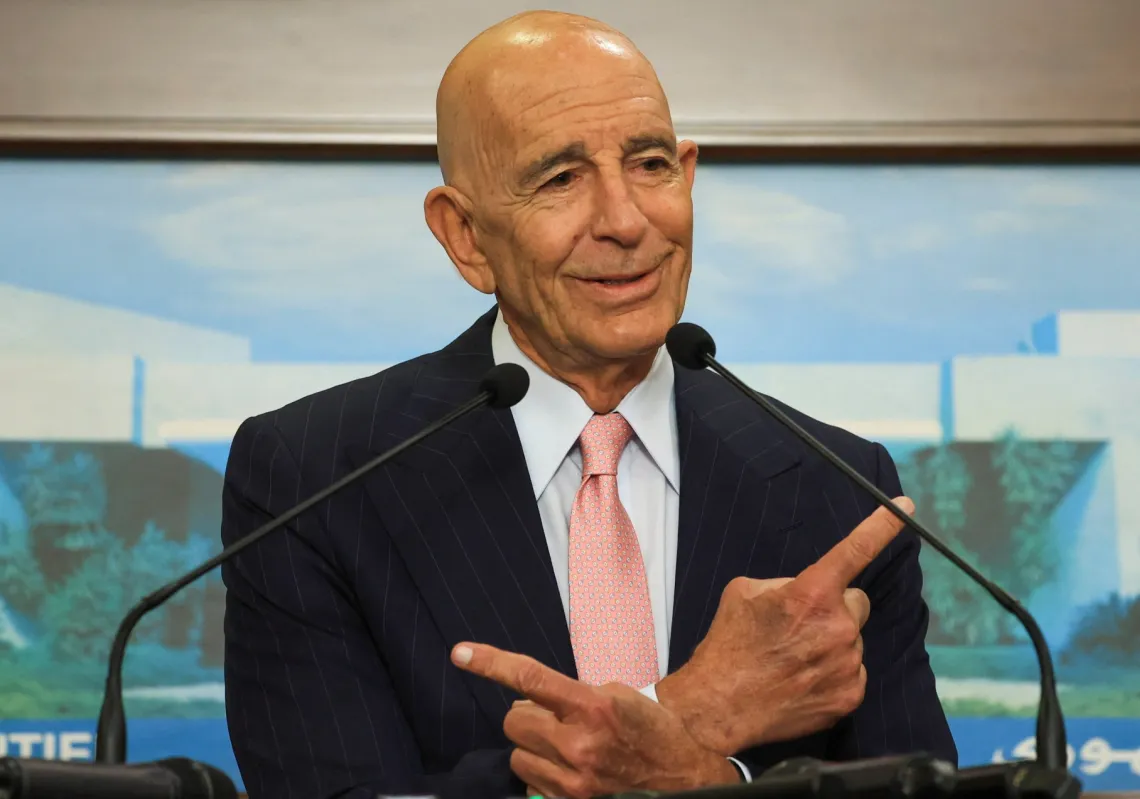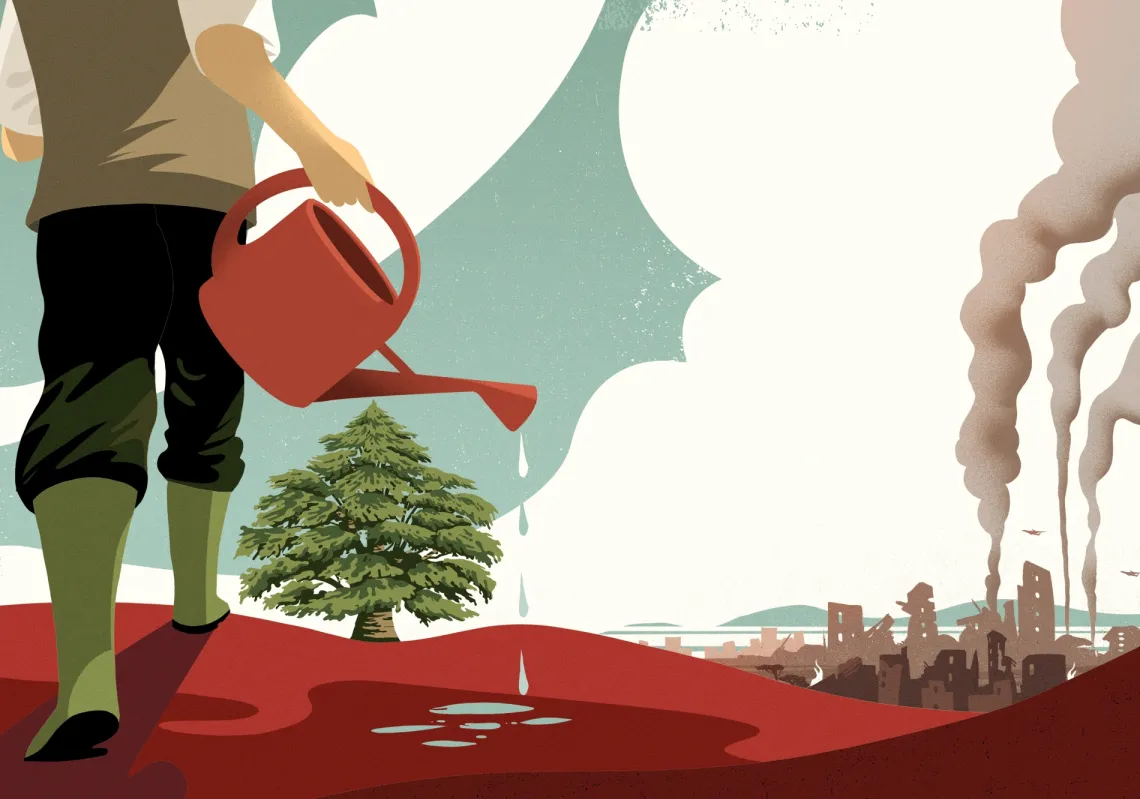The Lebanese arena has undergone substantial changes since the ceasefire agreement of 27 November 2024. Hezbollah is weaker, and Lebanon's new government, which has decided to disarm Hezbollah and is starting to disarm Palestinian groups and is operating more assertively, especially south of the Litani River.
Additionally, the public discourse has changed. Topics once considered taboo are now being openly discussed: Hezbollah's disarmament and negotiations—even a possible peace deal—with Israel. Of course, these are not subjects that many in the country agree with, but the fact that they are being talked about at all is significant.
Having said that, Israel is still unhappy with the speed of Hezbollah disarmament. They want the government to adopt a much quicker and forceful approach. But as it considers its next move, it should consider the following: if Hezbollah is pushed too hard, is there a danger of wider escalation? And how would such an escalation play out in Lebanon and the wider region?
It's unclear whether the US and Israel have given these questions serious thought, but for now, it has stepped up attacks across the country to pressure the Lebanese government to take action.
To be clear, there are other, less forceful approaches that could actually help Beirut in its mission—such as a partial or full withdrawal from the five outposts in southern Lebanon or allowing the rehabilitation process to begin in southern Lebanon—but Israel seems uninterested in pursuing this route for now, given the fact that it has the green light from Washington.

What next?
Going forward, Israel has three possible options:
Status quo: Here, Israel would continue its military pressure campaign, without more serious attacks on Lebanon, hoping it would achieve its goal without leading to overly broad escalation. There is logic in this, but the political clock is ticking, both in Beirut (parliamentary elections are expected this coming May) and apparently in Israel as well.)
Escalation: Hezbollah and Iran are weaker than ever, and it may be that only increasing pressure will motivate the Lebanese government and Hezbollah to move forward on the matter. On the other hand, it is unclear if President Trump would support this, after achieving "peace" in the Gaza Strip, as well as regarding the broader regional implications and the domestic arena in Israel. It is also unclear whether this would bolster or weaken (and possibly even collapse) the Lebanese government.
Diplomacy: As mentioned above, the public discourse in Lebanon concerning negotiations with Israel, including the possibility of peace, is changing. Although topics such as disarmament and peace with Israel are still controversial, alternative arguments are being voiced.













